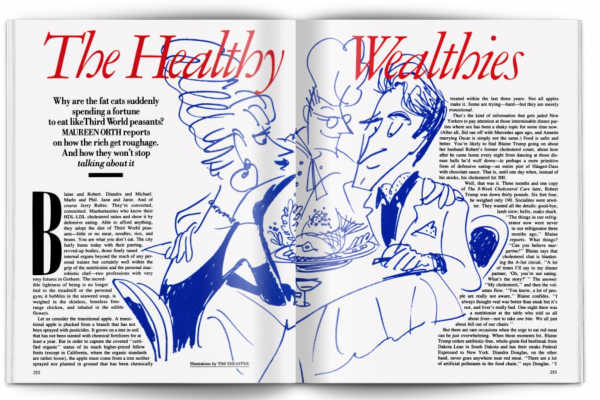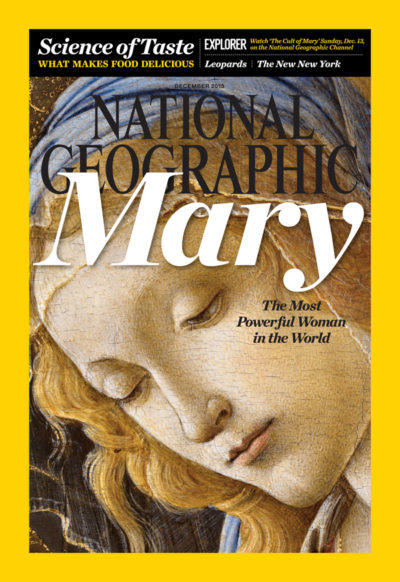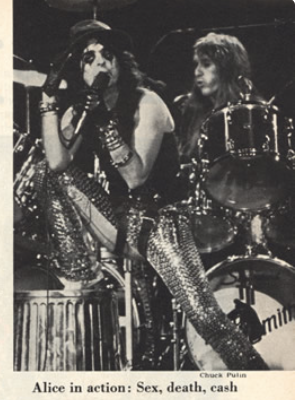Original Publication: Newsweek – February 12, 1973
This article is typed from the original material. Please excuse any errors that have escaped final proofreading.
Second only to the influence of American blacks in popular music have been the various beats emerging from south of the border: conga, calypso, rumba, samba, bossa nova. And just as the samba was spawned in the favelas, the shanty-town ghettos of Rio de Janeiro, the next big sound in American pop may well emerge from the zinc and tarpaper shanties of Jamaica.
The music is called reggae (rhymes with leg-gay), an infectious, up-tempo “body music” meant to be danced to. Blaring from jukeboxes, record stores, transistors strapped to bicycles and from the raveling open-air discotheques called “sound systems,” reggae’s pulsating rock beat saturates the island and propels a growing record industry that is making Jamaica the in place for British and American stars to record.
Reggae owes its origins to a fortuitous combination of calypso and the blues and, like the blues, reggae lyrics frequently record the suffering and anger born of a long history of slavery, poverty and powerlessness. “Reggae is a music of rebellion,” says Prince Buster, a Jamaican disk jockey and record producer. “It is the music of a people who were not given their fair share, a people who have to fight against society for their rights.” Just as often, however, the reggae beat is sensual and happy, as much a means of escape as an instrument of protest.
Ska: Reggae and its two previous incarnations, called “ska,” then “rock steady,” have been on British charts since the mid-‘60s, and last year a reggae song, “Life Is Just for Living” by Jamaican artist Ernie Smith, won the Tokyo International Song Contest. But relatively few reggae songs have been hits in the U.S. The first big one was in 1964 when Millie Small sang “My Boy Lollipop,” and lately the Staple Singers’ “I’ll Take You There” copied the rhythm track of a Jamaican hit. Perhaps the best-known reggae song is Paul Simon’s “Mother and Child Reunion,” and currently Johnny Nash’s “I Can See Clearly Now” has neared 2 million in sales.
Jamaica received the ultimate cachet when the Rolling Stones came down to record their forthcoming album. Rock stars Leo Russel, Elton John and Cat Stevens are putting reggae rhythm tracks on their latest LP’s, and Harry Belafonte is putting out a number of pure reggae albums. U.S. record moguls are sending scouts to Jamaica, but they often find that the same sounds just don’t happen outside Jamaica. “Americans are amazed we can get so much bass on our records,” says Hugh Hendricks, a young reggae musician who’s just open a studio in Brooklyn. “I really don’t know how we do it.”
Dream: Reggae songs that are hits in the U.S., however, are usually too tame for Jamaica. But now the Wailers, one of reggae’s oldest groups, who bill themselves and the “Voice of the People,” have just had their album “The Wailers” released here. And U.S. audiences can get a taste of the life that breeds the rhythm of reggae in Jamaica’s first feature film, “The Harder They Come,” starring one of Jamaica’s best-known reggae singers, Jimmy Cliff. The film is the story of a country boy lured to Kingston, the capital, by the dream of making it in music, only to end up ripped off by a crooked record producer, forced to deal ganja(pot) to keep from starving and ending up an infamous criminal.
Like the character he plays, Cliff is a country boy who was never paid for his first record. Even today young Jamaican singers sometimes are forced to take a pittance for the chance to record one of their own songs, frequently receiving no royalties if it becomes a hit. Despite these obstacles, making a reggae record is one of the few ways a poverty-stricken Jamaican can make it, and lines of people patiently stand outside recording studios waiting for a producer to listen to their tunes.
Reggae is not popular with Jamaica’s upper and middle classes. These people, who are English-oriented in their speech, dress and manners, find the music uncouth in its use of patois and a dangerous influence in the increasing social unrest and tensions between the island’s poor and affluent. They worry because their children listen to the popular disk jockeys, who talk about freedom and play reggae songs like this:
Well the oppressors are trying to keep me down
Trying to drive me underground
And they think that they have got the battle won.
I say forgive them Lord they know not what they’ve done
Cause as sure as the sun will shine
I’m gonna get my share now, what’s mine.
The harder they come,
The harder they fall, one and all.
This article is typed from the original material. Please excuse any errors that have escaped final proofreading.



